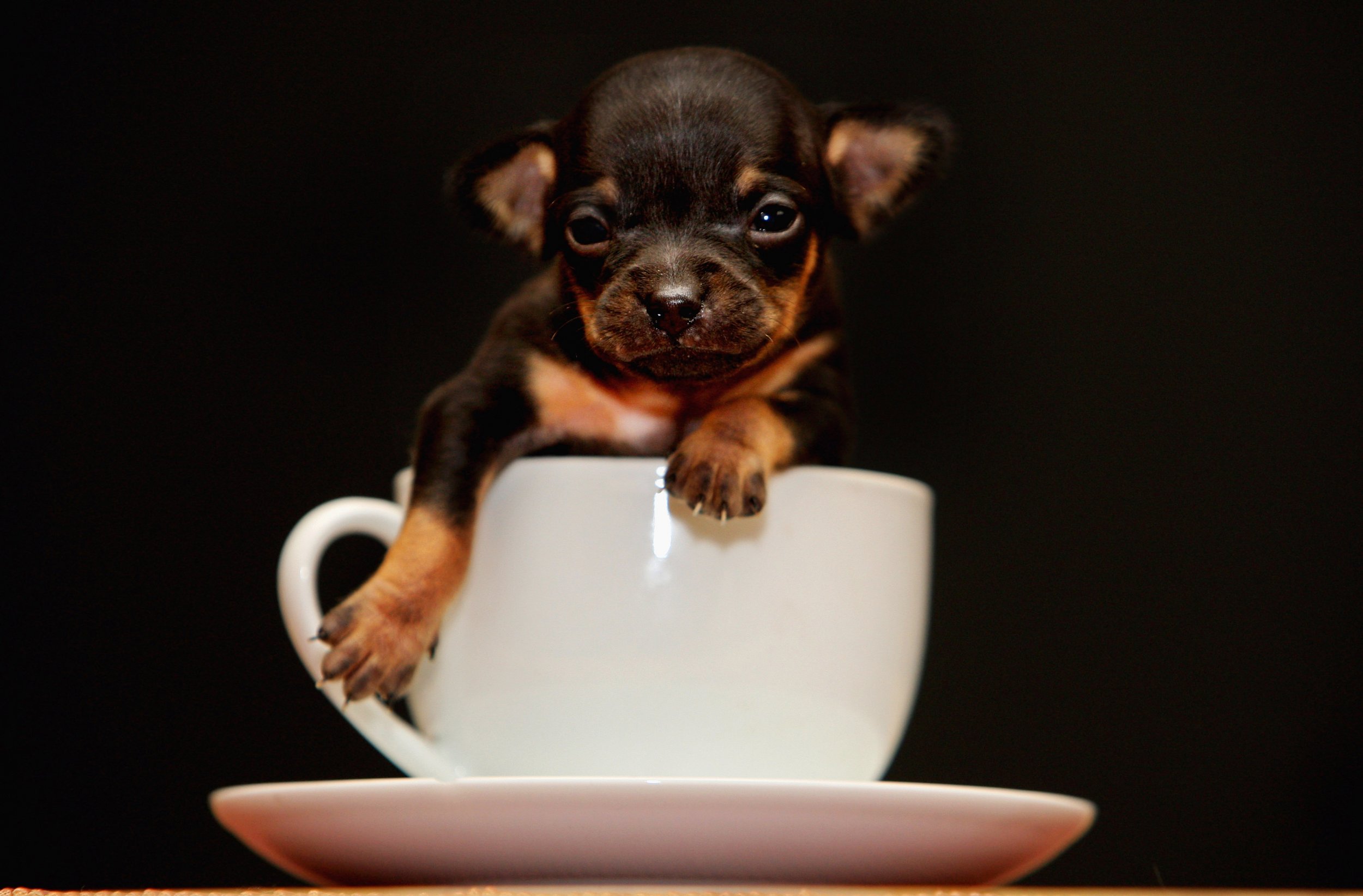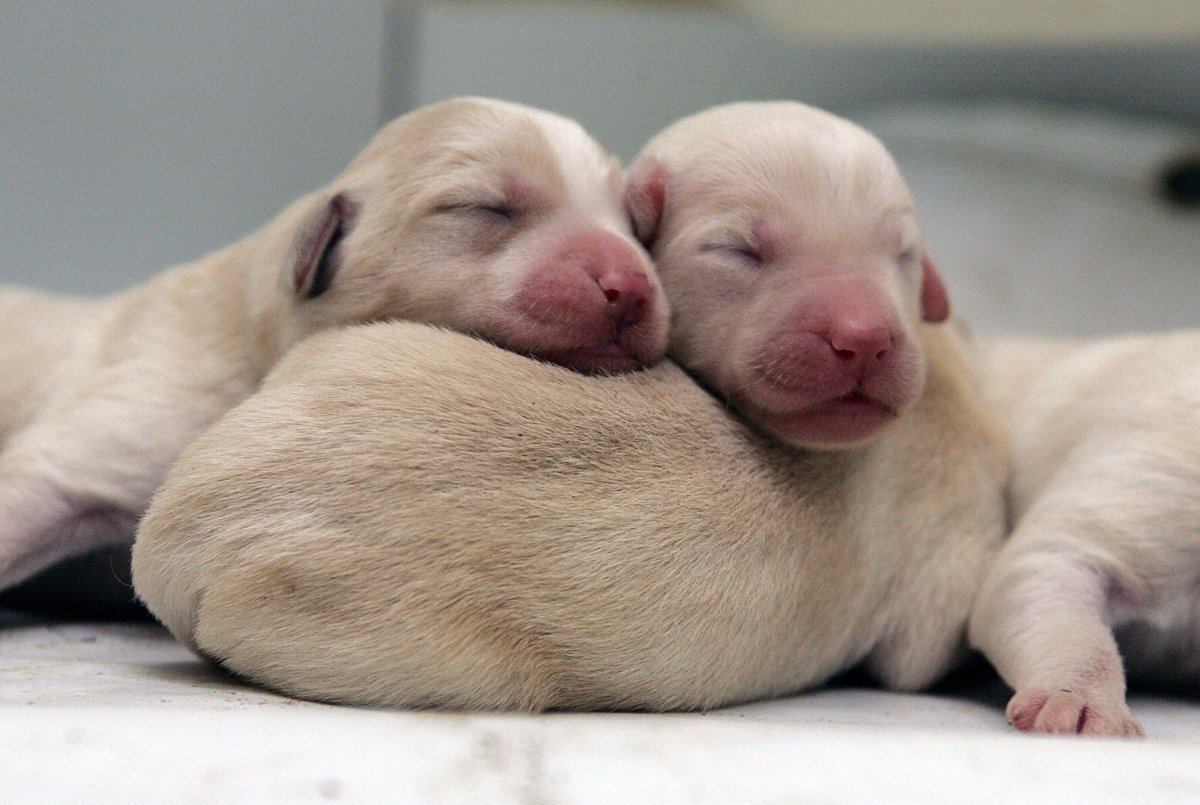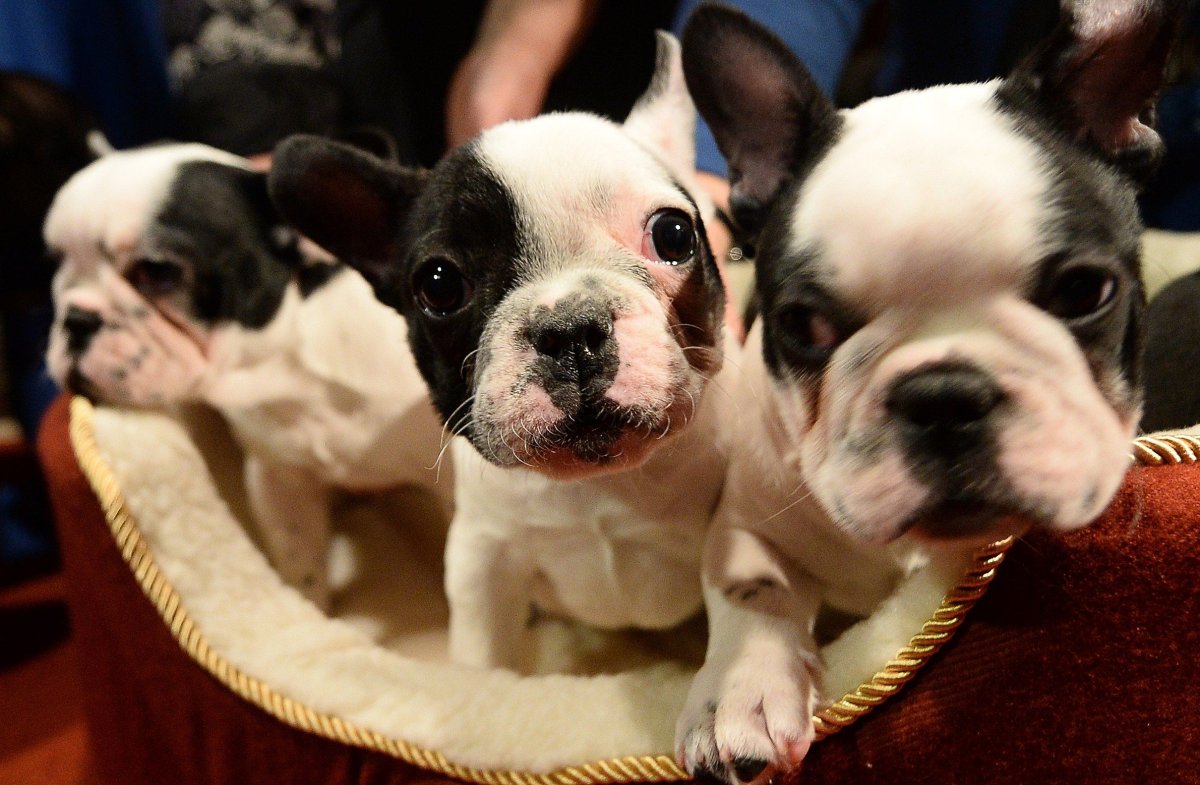
Relationships can be hard, and marriage can be even harder. Although the divorce rate has been falling in the U.S. in recent years, an estimated three of every 1,000 marriages break up. The oft-quoted statistic that 50 percent of all marriages end in divorce hasn't been true in decades, but the risk is still that high among certain populations. Couples with a lower income and less formal education, for example, are more likely to divorce than higher earners with college degrees.
Yet more people are opting to tie the knot. About 2.1 million couples do so each year in the U.S. The marriages that last can still be filled with struggles or dissatisfaction. Keeping the spark alive requires routine maintenance. In the U.S., more than 21,000 therapists provide couples counseling. But therapy can be costly, isn't for everyone and isn't always nearby.
Puppies to the rescue!
A team of psychologists from Florida State University wondered if they could help couples through a different route than couch conversations. Knowing our capacity for what psychologists call "automatic associations"—our predelection for unconsciously connecting two things just because they happen to occur together—they decided to try changing what thoughts come to mind when a husband thinks about his wife, and vice versa. If the thought of Mr. Brown was linked to something very positive for Mrs. Brown, the researchers hypothesized, then maybe Mrs. Brown would also think more positively about her husband.
How we feel about the relationship we're in "can be reduced to how we associate our partners with positive affect," James McNulty said in a statement. These associations can come from the partner directly, or from unrelated things, "like puppies and bunnies." That's right: puppies and bunnies.

To test their theory, McNulty and his colleagues asked 144 married couples about their relationship satisfaction using standard measures. A few days later, the couples were asked to provide a quick, automatic response about their attitude toward each other.
Then came the pictures. Every three days for six weeks, each spouse watched a brief selection of images, with photos of their husband or wife inserted along the way. For some couples, that stream of images included the partner's face along with one almost guaranteed to produce happiness, such as a puppy or the word "wonderful." In other groups, the intervening stimuli were more neutral, mundane objects, like a button. And every two weeks for two months, each spouse was shown a series of faces—including their partner's—and asked to quickly indicate the kind of emotion at play using positive and negative words. That quick response revealed the automatic reaction the person has to their loved one.

According to the results, recently published in Psychological Science, participants who saw positive images alongside their partner's face had more positive automatic reactions during the study than those who saw the photographs accompanied only by neutral images.
The positive-image intervention was also tied to an overall improvement in marriage quality. Positive automatic reactions toward a spouse were associated with increased marital satisfaction.
"I was actually a little surprised that it worked," said McNulty. The research was initially prompted by a grant from the Department of Defense, which wanted to better understand how to help the families of soldiers during deployment. McNulty hopes to extend his work in this area toward that end. "We would really like to develop a procedure that could help soldiers and other people in situations that are challenging for relationships."
So when the hard times come—and they will—look to the puppies. They feel you.
Uncommon Knowledge
Newsweek is committed to challenging conventional wisdom and finding connections in the search for common ground.
Newsweek is committed to challenging conventional wisdom and finding connections in the search for common ground.
About the writer
Jessica Wapner is the science editor for Newsweek. She works with a talented team of journalists who tackle the full spectrum ... Read more
To read how Newsweek uses AI as a newsroom tool, Click here.








